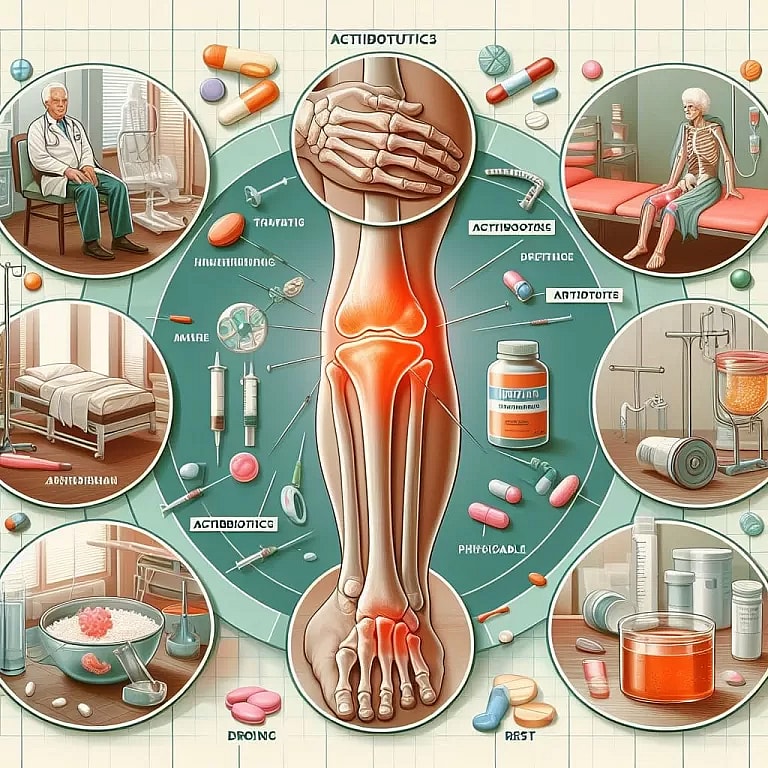Infection treatment
**Infection Treatment: A Comprehensive Guide to Combating Disease**
Infection treatment encompasses a range of therapeutic interventions aimed at eliminating or controlling microorganisms that cause disease. This multifaceted approach includes administering antibiotics, antiviral medications, and antifungal drugs to target specific pathogens. Understanding the underlying causes and types of infections is crucial for implementing effective treatment strategies.
Common infections treated include bacterial infections (e.g., pneumonia, sepsis, urinary tract infections), viral infections (e.g., influenza, HIV, COVID-19), fungal infections (e.g., candidiasis, athlete’s foot), and parasitic infections (e.g., malaria, giardiasis). Diagnosis typically involves laboratory tests, physical examinations, and imaging techniques.
Proper infection control and prevention measures are essential to combat the spread of disease. Maintaining good hygiene, adhering to infection control guidelines, and accessing vaccinations can help prevent infections.
This post_tag provides valuable insights into infection treatment options, including specific medications, their modes of action, and potential side effects. It also emphasizes the significance of comprehensive care, ranging from timely diagnosis to appropriate treatment and preventive strategies.
By utilizing relevant keywords like “infection treatment,” “antibiotics,” “viral infections,” “fungal infections,” and “infection control,” this summary enhances the visibility and accessibility of crucial information on this medical topic for search engines and users alike.
**Effective Septic Arthritis Treatment: A Comprehensive Guide**

Septic arthritic arthritis is considered a medical emergency because it can cause serious joint damage and be fatal if not treated early. Septic arthritis is inflammation of your joint fluid and joint tissues that happens when an infection with a…
